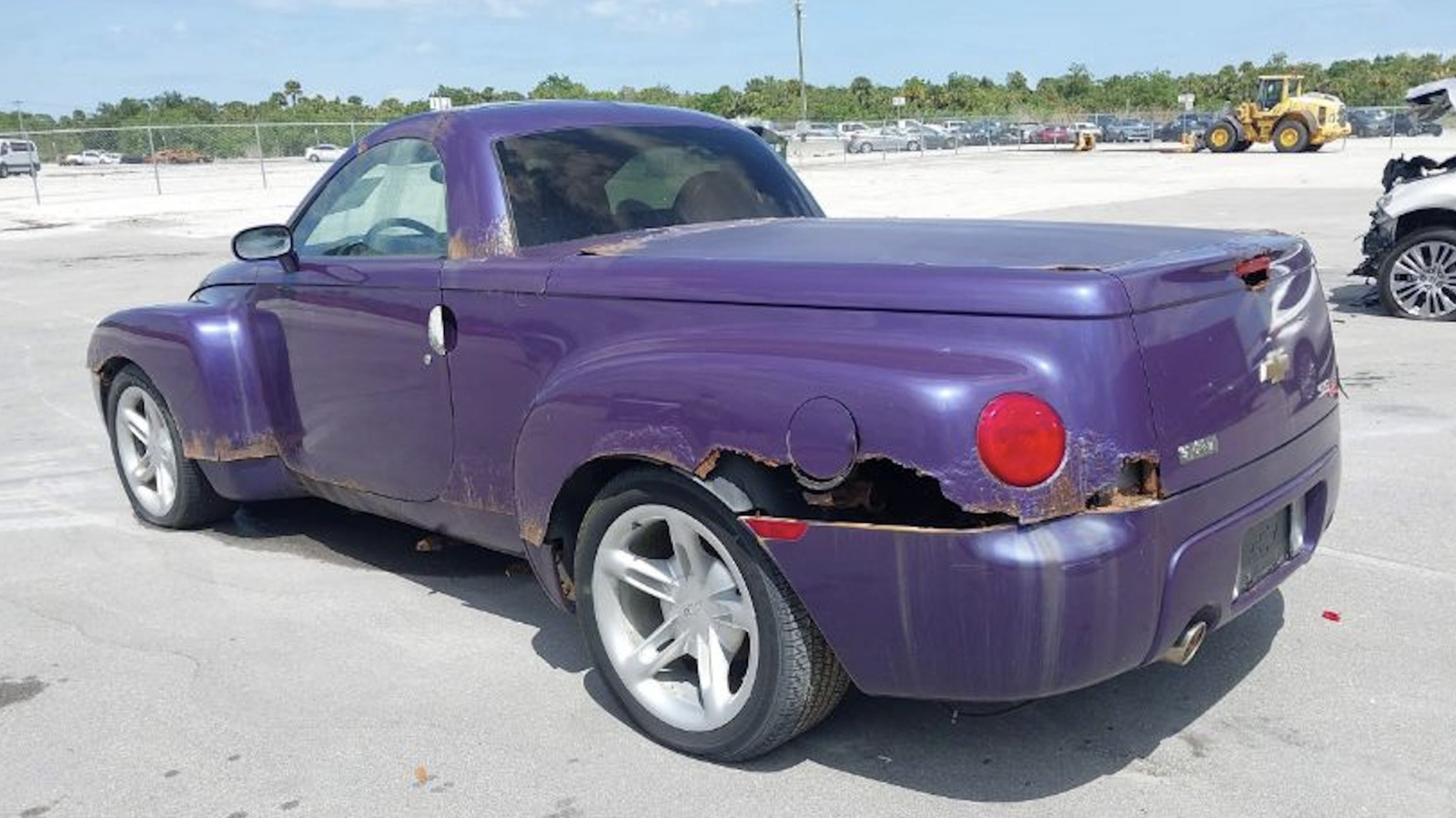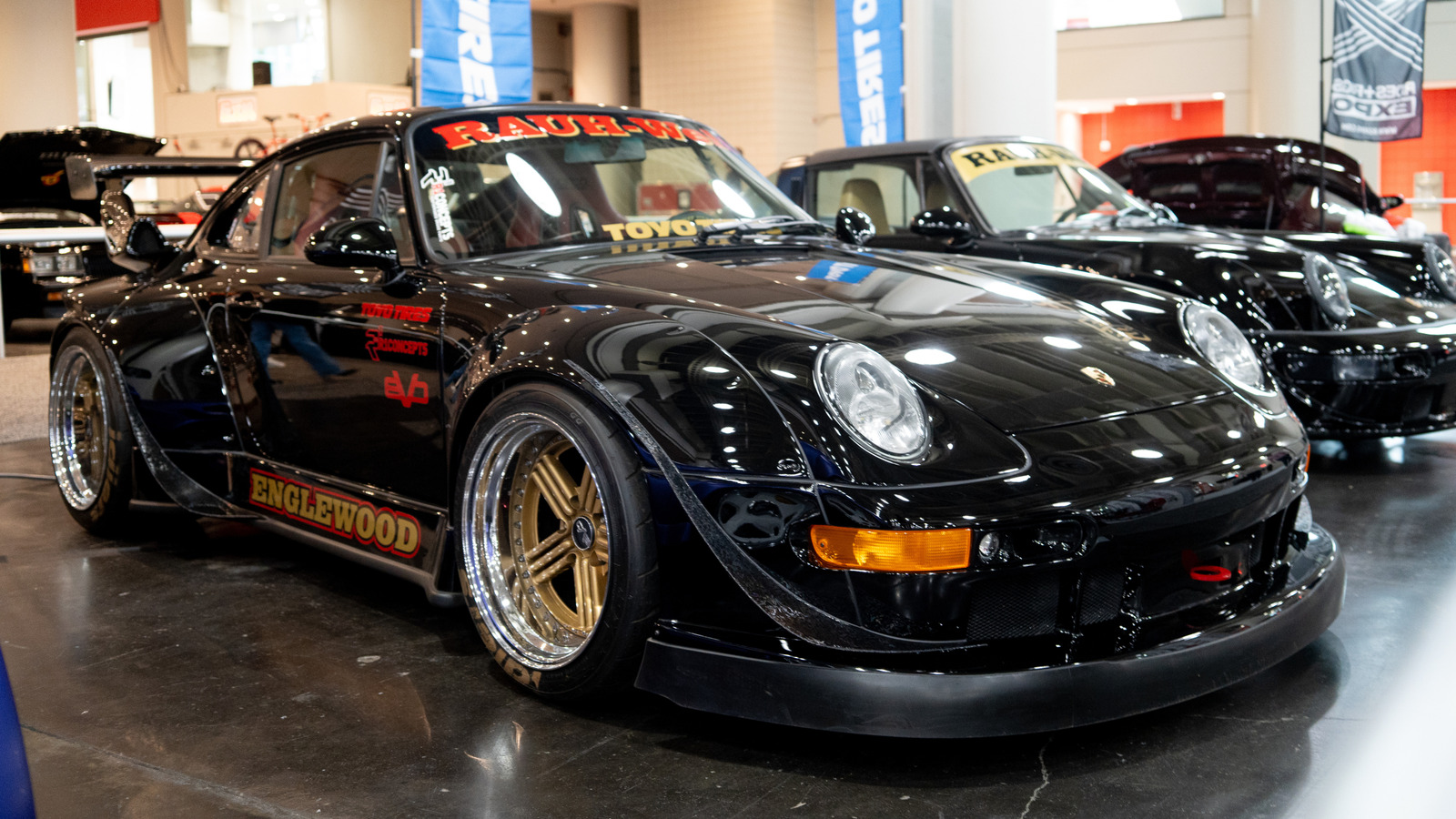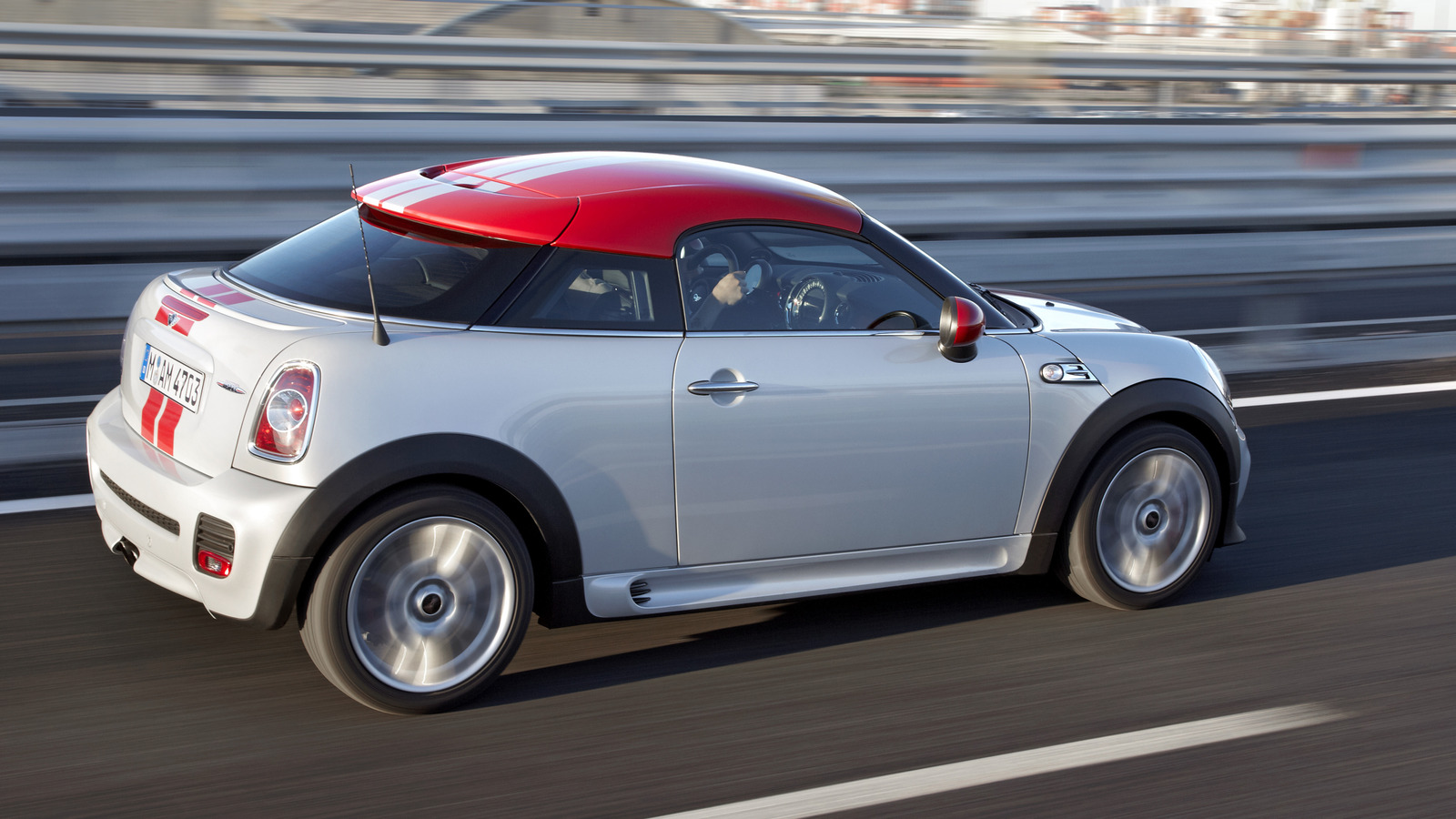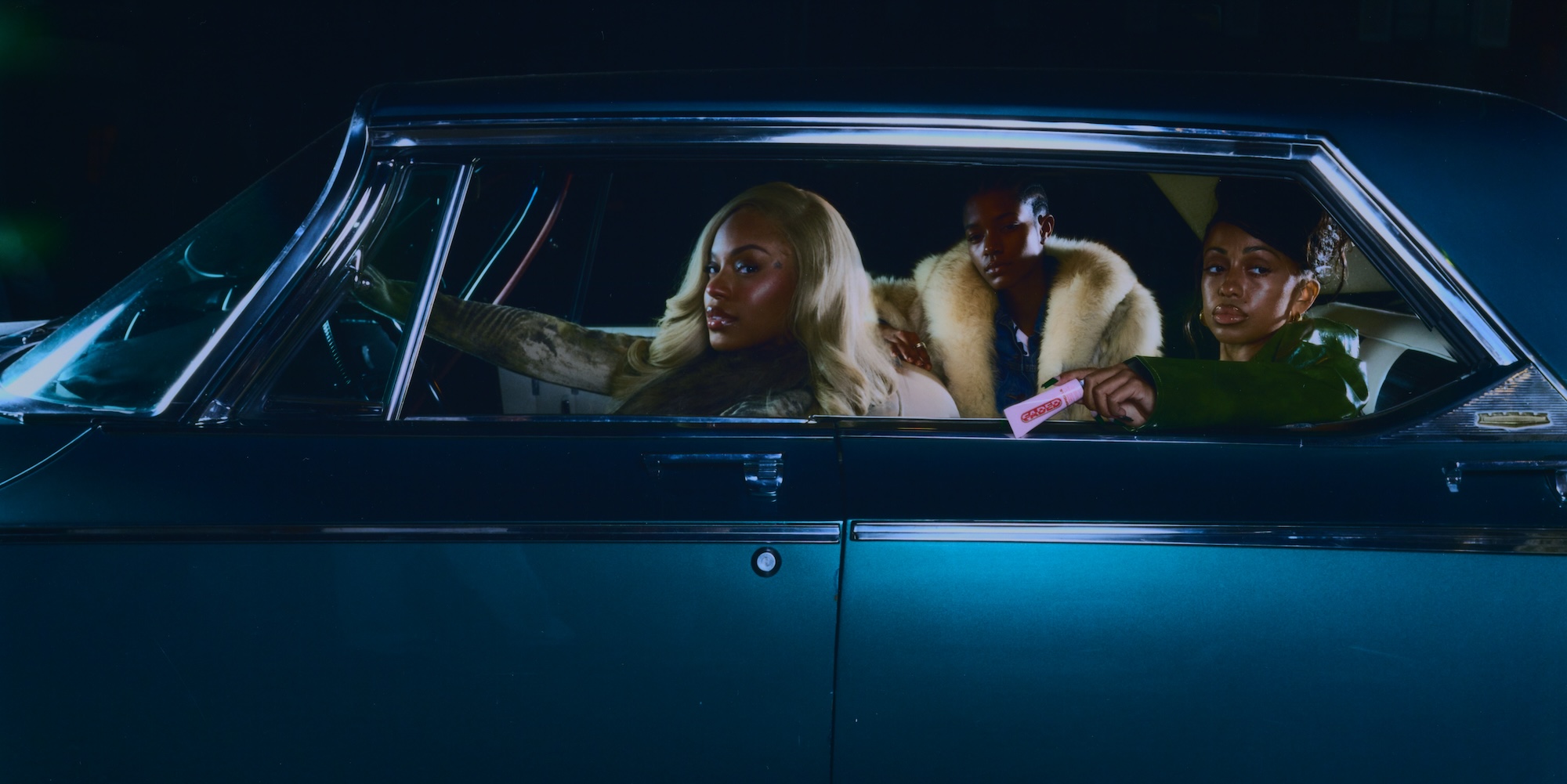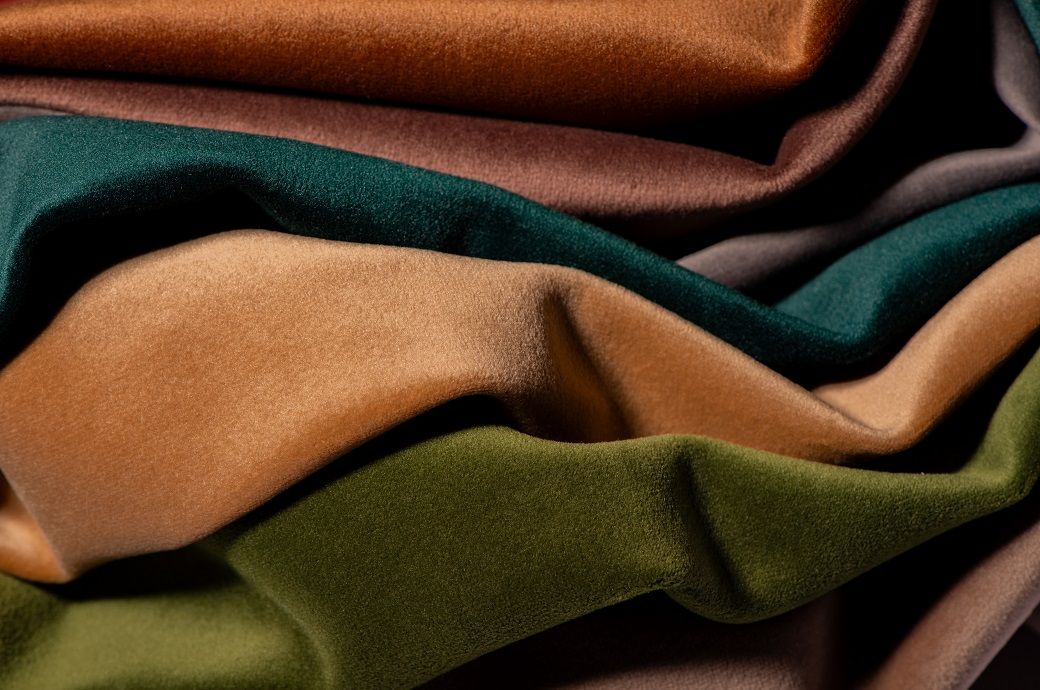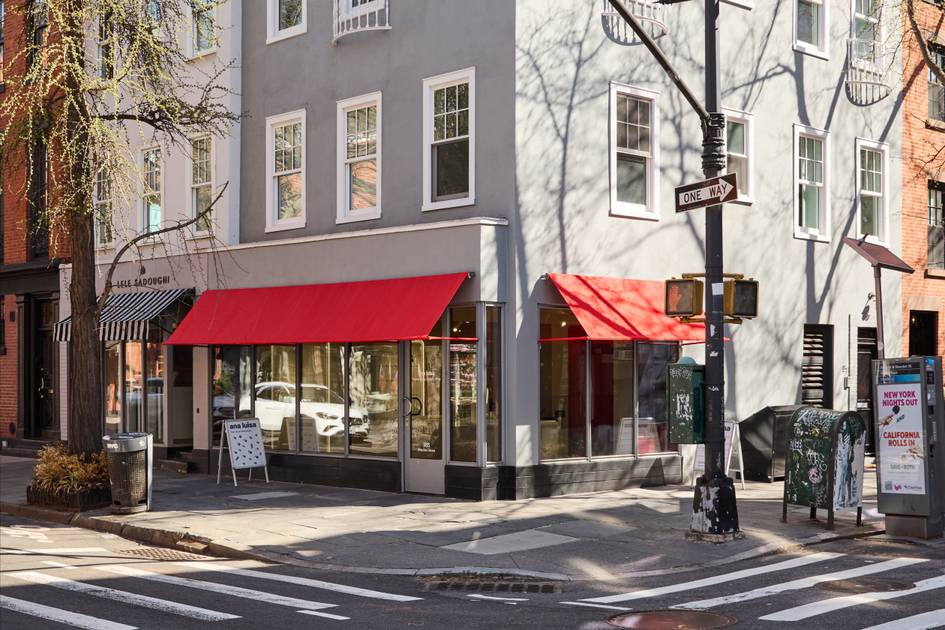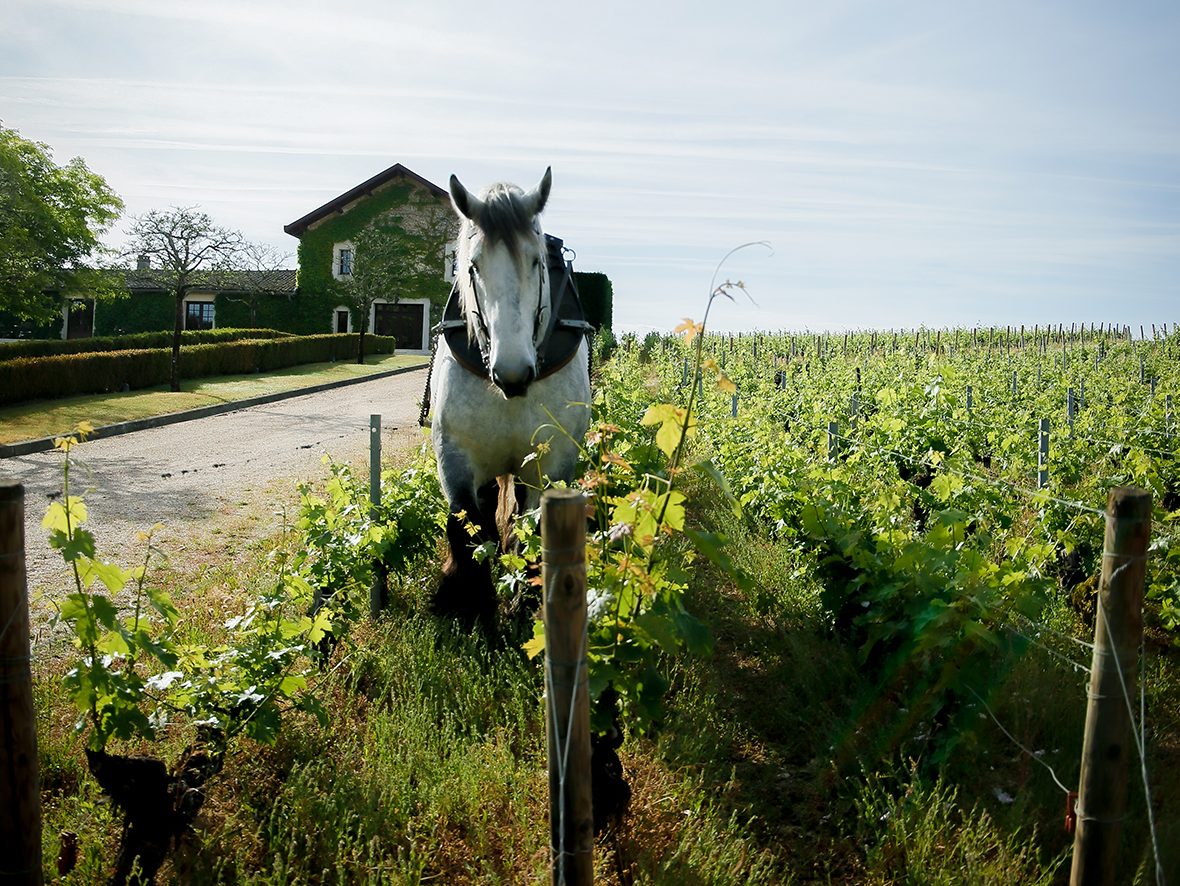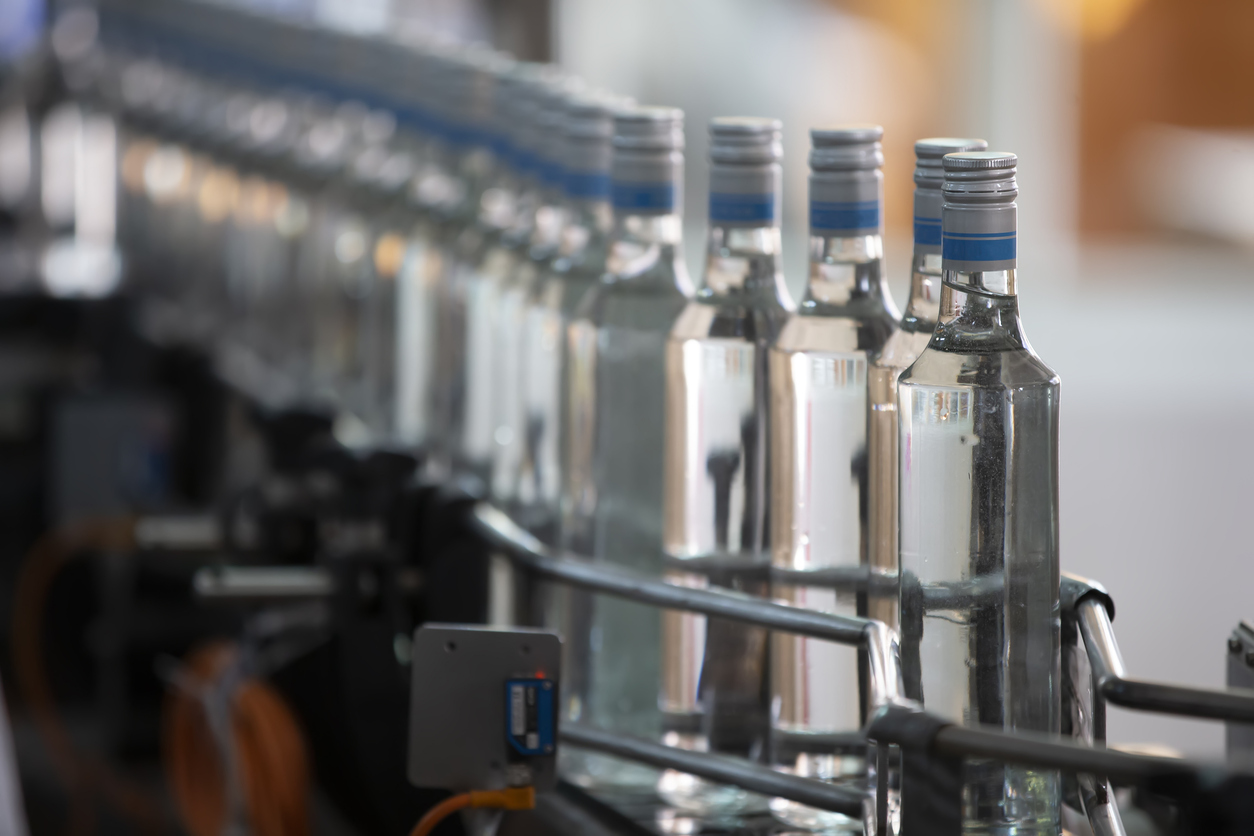Home brewers are canvassing opinion online over which beers are the trickiest to replicate. But does anyone agree?
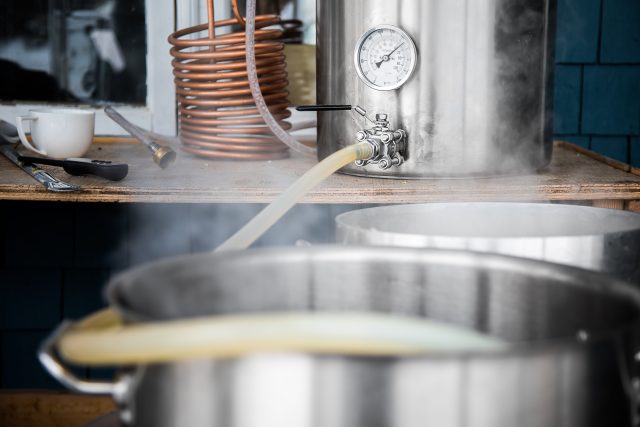
While many brew beers in their own homes, dabbling with styles, the social media platform
Reddit has become a place for newbie home brewers to both query and offer opinions to others in the same situation. The good news is that while some may struggle, there does exist a portal of advice and encouragement for those starting out.
Discussing brews that are difficult, one Redditer admitted: “For me it's definitely the English style bitters. Everytime I try making one, there always something that doesn't make them quite there. One of my favourite beers is Fullers ESB, and I could probably tweak my recipe for an ESB to get something closer, but it's such a delicate beer style, so it would probably take couple of brews to make it”. Then, he asked: “What do you feel is the most challenging style to brew?”
One person responded: “Really good lagers of almost any sort. If you could recreate any good macro lager consistently, like Coors Banquet, or even Budweiser I would be more impressed than if you brewed me any really good ale.”
While others chimed in with their lager recipe hacks, another Redditor replied: “So little of a good lager is determined by recipe though. The magic of simple lager brewing is the process.“
According to another home brewer: “There are a bunch of important details that make lagers trickier over ales: from water chemistry…controlled cold fermentation, overbuilding the yeast starter (or double pitching dry), diacetyl resting at the end of fermentation, cold crashing the hell out of it and using the proper fining agents…and the hardest part: the patience to not touch it for at least six weeks as it literally ‘lagers’. Lagers have nothing to hide behind so this is where premium grains really shine though.”
Other Redditors disagreed and instead that “a traditional gueuze” was the hardest to recreate. One respondent said: “You have to brew multiple lambics. One aged for one year, and more that are perhaps aged another two or three years. Then you blend them together it requires lots of planning, monitoring, and tasting.”
Other brewing fans chimed in and added that even though “the go-to answer is lagerbier” and insisted that was “understandable”. There was the notion that “assuming you have a sound process, good lager just takes extra time and great yeast” whereas one considered that “IPA is the hardest to nail” as “a really world class example”.
The Redditor went on to highlight that “even with great process and oxygen control I think it’s really hard to nail down the perfect snappy bitterness, hop texture without astringency and bursting aroma” and reaffirmed: “Maybe I should rephrase…I think good lager and good IPAs are not that hard to make …but both are really hard to be top tier excellent”.
Homebrewing continues to be popular all over the world. The amount of homebrewers in Germany has actually trebled in the past decade with there now being around 10,000 homebrewers registered with German customs. The uplift came last year in particular when
home brewers no longer need to report their yearly production to customs or pay tax on their brews, even if more than 200 litres.

 While many brew beers in their own homes, dabbling with styles, the social media platform Reddit has become a place for newbie home brewers to both query and offer opinions to others in the same situation. The good news is that while some may struggle, there does exist a portal of advice and encouragement for those starting out.
Discussing brews that are difficult, one Redditer admitted: “For me it's definitely the English style bitters. Everytime I try making one, there always something that doesn't make them quite there. One of my favourite beers is Fullers ESB, and I could probably tweak my recipe for an ESB to get something closer, but it's such a delicate beer style, so it would probably take couple of brews to make it”. Then, he asked: “What do you feel is the most challenging style to brew?”
One person responded: “Really good lagers of almost any sort. If you could recreate any good macro lager consistently, like Coors Banquet, or even Budweiser I would be more impressed than if you brewed me any really good ale.”
While others chimed in with their lager recipe hacks, another Redditor replied: “So little of a good lager is determined by recipe though. The magic of simple lager brewing is the process.“
According to another home brewer: “There are a bunch of important details that make lagers trickier over ales: from water chemistry…controlled cold fermentation, overbuilding the yeast starter (or double pitching dry), diacetyl resting at the end of fermentation, cold crashing the hell out of it and using the proper fining agents…and the hardest part: the patience to not touch it for at least six weeks as it literally ‘lagers’. Lagers have nothing to hide behind so this is where premium grains really shine though.”
Other Redditors disagreed and instead that “a traditional gueuze” was the hardest to recreate. One respondent said: “You have to brew multiple lambics. One aged for one year, and more that are perhaps aged another two or three years. Then you blend them together it requires lots of planning, monitoring, and tasting.”
Other brewing fans chimed in and added that even though “the go-to answer is lagerbier” and insisted that was “understandable”. There was the notion that “assuming you have a sound process, good lager just takes extra time and great yeast” whereas one considered that “IPA is the hardest to nail” as “a really world class example”.
The Redditor went on to highlight that “even with great process and oxygen control I think it’s really hard to nail down the perfect snappy bitterness, hop texture without astringency and bursting aroma” and reaffirmed: “Maybe I should rephrase…I think good lager and good IPAs are not that hard to make …but both are really hard to be top tier excellent”.
Homebrewing continues to be popular all over the world. The amount of homebrewers in Germany has actually trebled in the past decade with there now being around 10,000 homebrewers registered with German customs. The uplift came last year in particular when home brewers no longer need to report their yearly production to customs or pay tax on their brews, even if more than 200 litres.
While many brew beers in their own homes, dabbling with styles, the social media platform Reddit has become a place for newbie home brewers to both query and offer opinions to others in the same situation. The good news is that while some may struggle, there does exist a portal of advice and encouragement for those starting out.
Discussing brews that are difficult, one Redditer admitted: “For me it's definitely the English style bitters. Everytime I try making one, there always something that doesn't make them quite there. One of my favourite beers is Fullers ESB, and I could probably tweak my recipe for an ESB to get something closer, but it's such a delicate beer style, so it would probably take couple of brews to make it”. Then, he asked: “What do you feel is the most challenging style to brew?”
One person responded: “Really good lagers of almost any sort. If you could recreate any good macro lager consistently, like Coors Banquet, or even Budweiser I would be more impressed than if you brewed me any really good ale.”
While others chimed in with their lager recipe hacks, another Redditor replied: “So little of a good lager is determined by recipe though. The magic of simple lager brewing is the process.“
According to another home brewer: “There are a bunch of important details that make lagers trickier over ales: from water chemistry…controlled cold fermentation, overbuilding the yeast starter (or double pitching dry), diacetyl resting at the end of fermentation, cold crashing the hell out of it and using the proper fining agents…and the hardest part: the patience to not touch it for at least six weeks as it literally ‘lagers’. Lagers have nothing to hide behind so this is where premium grains really shine though.”
Other Redditors disagreed and instead that “a traditional gueuze” was the hardest to recreate. One respondent said: “You have to brew multiple lambics. One aged for one year, and more that are perhaps aged another two or three years. Then you blend them together it requires lots of planning, monitoring, and tasting.”
Other brewing fans chimed in and added that even though “the go-to answer is lagerbier” and insisted that was “understandable”. There was the notion that “assuming you have a sound process, good lager just takes extra time and great yeast” whereas one considered that “IPA is the hardest to nail” as “a really world class example”.
The Redditor went on to highlight that “even with great process and oxygen control I think it’s really hard to nail down the perfect snappy bitterness, hop texture without astringency and bursting aroma” and reaffirmed: “Maybe I should rephrase…I think good lager and good IPAs are not that hard to make …but both are really hard to be top tier excellent”.
Homebrewing continues to be popular all over the world. The amount of homebrewers in Germany has actually trebled in the past decade with there now being around 10,000 homebrewers registered with German customs. The uplift came last year in particular when home brewers no longer need to report their yearly production to customs or pay tax on their brews, even if more than 200 litres. 



























